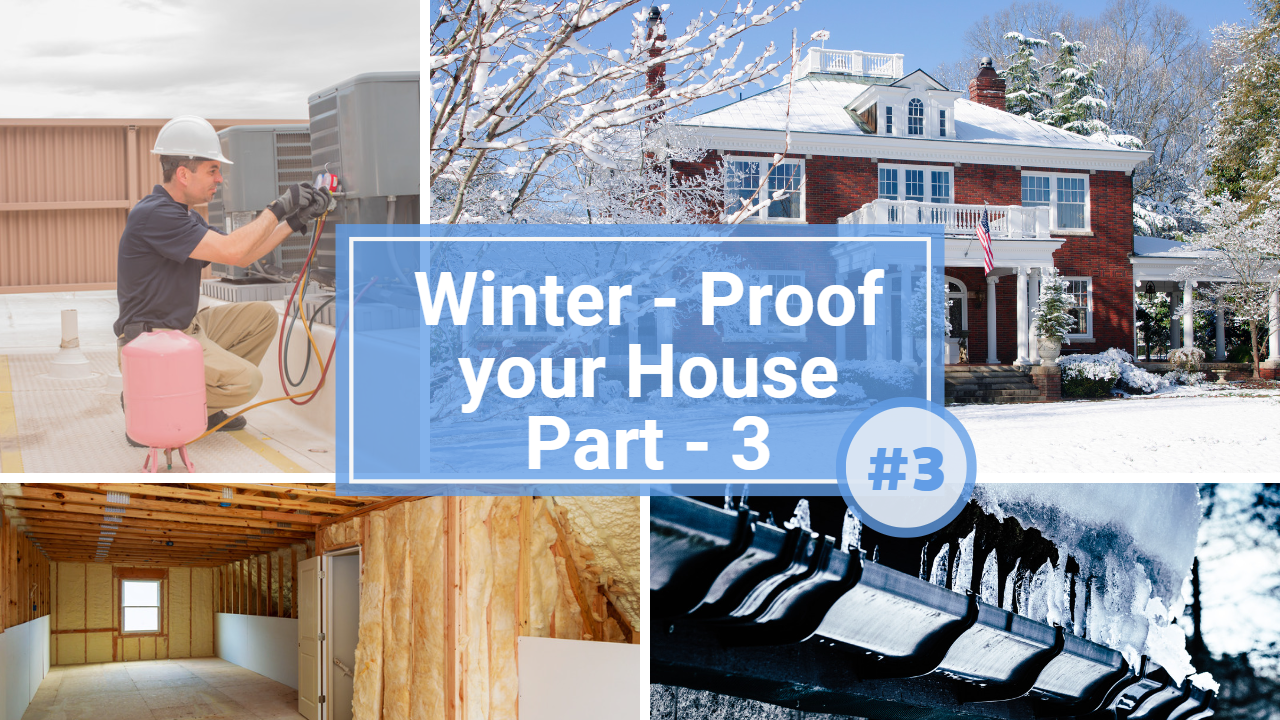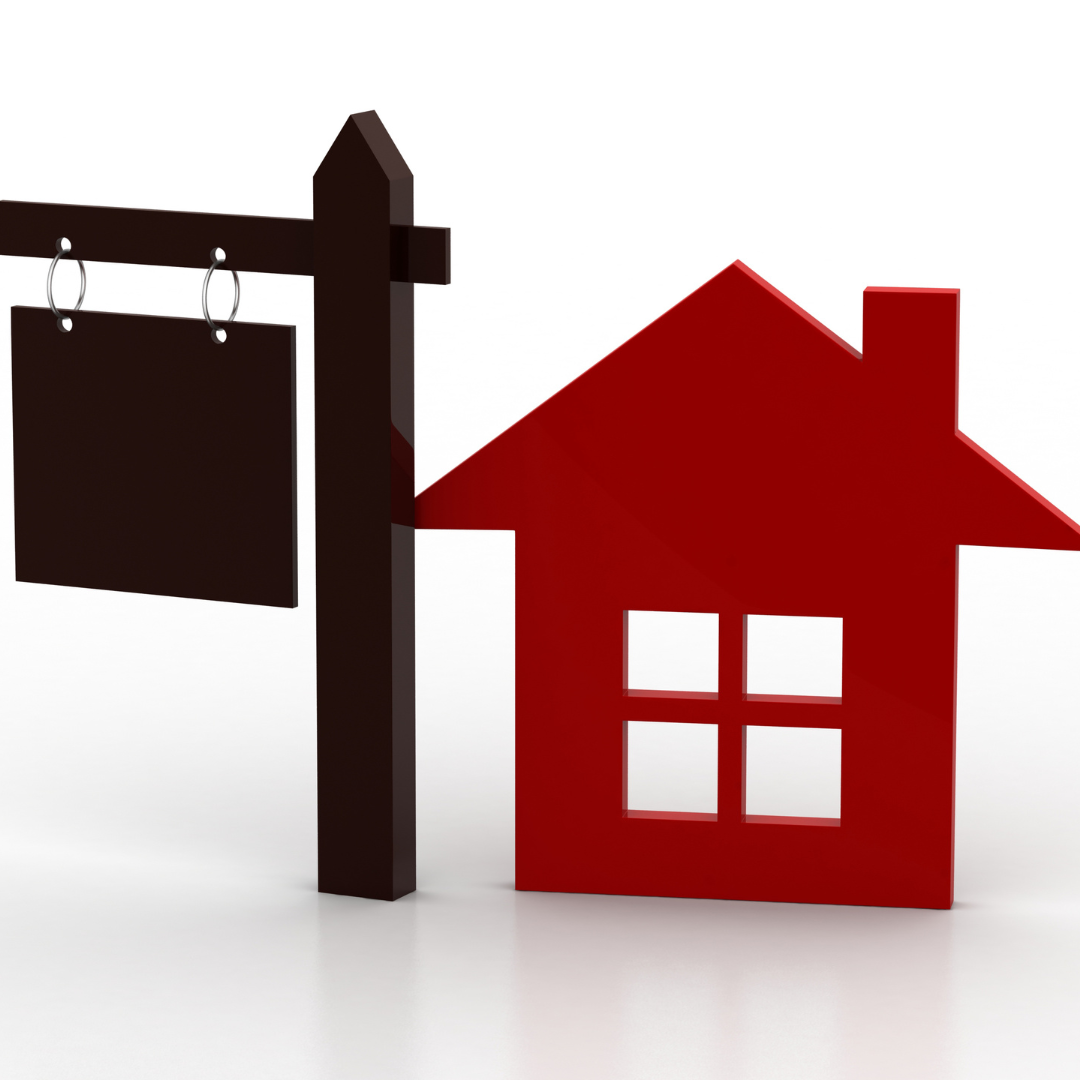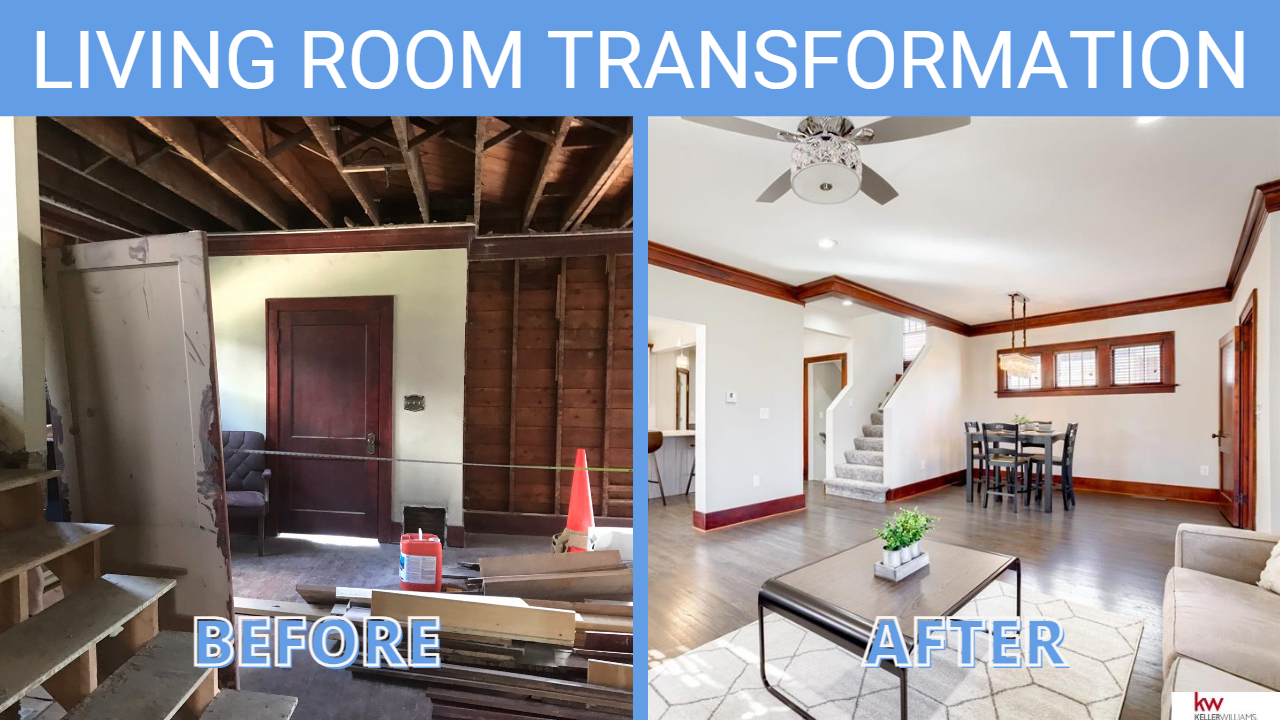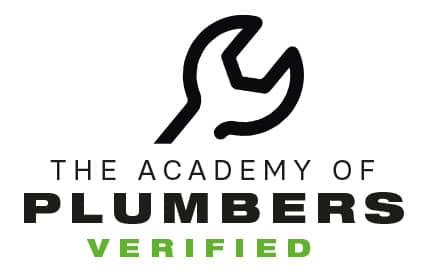Renting out a property can be the ultimate retirement plan for many people. The tenant pays the bills, and the owner collects the profits, so it’s an ideal way to create generational wealth. If you’re looking to retire early, you need to know how many cash-flowing properties you need. This will help you determine how much money it will take and what properties you should look for.
How much money do you need to retire?
Many people dream of making a living and retiring from rental properties. But can you really do it? It depends on the cost of your properties and the rent you charge for each. The amount of money you need to retire depends on your lifestyle. Most people’s expenses decrease in retirement, but it’s still important to be prepared for some things that might cost more in your new life. The number of properties you need to retire early will depend on the type of property you seek. The type of property will affect your costs and income, cash flow, and time investment. For example, if you’re looking for a multifamily property that is 100% occupied and has a low vacancy rate, then your income from this property can be higher than if you had an apartment building with a high vacancy rate where it took longer for tenants to move in and move out. This can make it difficult for investors who want to scale up their portfolios quickly. They may need help finding enough quality deals in their local market within the timeframe they want them.
How many properties do you need to retire early?
There is no one-size-fits-all formula for calculating how many rental properties you need to retire. Each person’s expenses, and each property’s cash flow, are unique. However, a general rule of thumb is to divide the monthly income you need by the net operating income each property generates. This is a common question, and the answer depends on your situation. You will have to determine:
- How much income from the rent can you expect? This is dependent on factors like location, market conditions, etc.
- Are there other sources of income that might help cover your expenses? If so, what are they, and how much will they add up to?
- Are there any recurring expenses that could be covered by one or more properties? Examples include utilities and internet/cable bills (if needed).
The profitability of an investment in rental property depends on many factors. These can include the retiree’s financial situation and the profit likely collected from any rental property. Some retirees rely on rental properties to generate the income needed to cover living expenses. Cash-on-cash return is a crucial metric to calculate how many rental properties are required for retirement. Investors use the formula to determine how many homes are needed to generate enough income in retirement. The number of homes required for retirement varies based on lifestyle and other retirement income sources.
Why do people invest in properties for retirement?
People use real estate to retire for several unique benefits. The first is cash flow—the pre-tax cash income earned on the cash invested in a property. Investors purchase properties and obtain a loan to cover the purchase price, paying off the loan with rental income. In return, the investor pays for operating expenses, such as repairs and property management fees, and keeps any profit left over after paying off the mortgage. Sometimes, even though you do everything right when selecting a property, your cash flow may be lower than expected. In those instances, you can set up a reserve account to pay your mortgage and operating expenses until your cash flow usually returns. Investors can use multiple strategies to profit from a rental property, including the cash-flow method. The cash-flow process involves paying the mortgage and all operating expenses, such as utilities and repairs, with cash flow. They can keep the remaining cash flow as profit or pay their mortgage. Real estate investment allows investors to control 100% of a rental property with a small down payment and leverage. Historically, home prices in the U.S. have increased over time, making real estate an attractive investment option for many people.
How to find and purchase investment properties in your area
- Use a real estate agent
When buying a property as an investment, finding the right agent to help with properties and negotiate deals is crucial. This is especially true if you are looking in areas with few rentals or the market is soft. A good agent can point out issues with a property that may be hidden from view. They will also know which lenders offer financing at reasonable rates and what other options are available if needed. - Look at foreclosure properties in your area
The best way to search for foreclosures is usually through your county courthouse website. Look up all active eviction proceedings by county and even identify which ones have been initiated by banks, mortgage companies, etc. This gives you an idea of the available foreclosure homes in Omaha that you can negotiate. You should consider your current spending patterns to evaluate your retirement income requirements. You might have a general idea of how much you spend each year, but you may need to know the actual amounts. Given the fluctuations in rental rates and property values and the cost of property management, it may be wise to do some research before investing in a rental property. Using the annual average rent rate of properties similar in value to your prospective investment—rather than current rates—will give you a better idea of projected profits.






